|
The Ramallah day was a lot to digest and then Aaron and I were meeting with Aziz from Mejdi about the Gonzaga trip Friday morning so we worked into the night on Thursday planning the ideal trip, which we have, of course, adjusted now several times. But it was amazing to work with Aaron, to see his life in Muslim quarter of the old city, and to talk about life and politics and the many Spokane connections that we share. We took a physical spread sheet and excel and sat in T'mol Shilshom until almost 11 pm and then the next morning after the meeting with Aziz at the American Colony Hotel—we reviewed the itinerary in Mahaneh Yehuda (I insisted we go to the open market because I really wanted to get there to buy my favorites before Shabbat). So by the time I left Aaron late Friday afternoon, we had a working plan for the Gonzaga trip. I have a bunch of things to add and probably will continue to add until I leave Thursday night but soon we will submit it to Mejdi and see what they can do with it. Then Gonzaga and I will have to make the hard budget decisions. By the time Shabbat was over I had met three more amazing people who can contribute to the Judaism portion of the study abroad experience and I wondered how we would fit it into the already full itinerary. Nava Tehila Friday night, not surprisingly, moved me to tears. It was quite strange having prayer leaders I only knew through YouTube. We were not allowed to record during the service but I am attaching my rendering of a great niggun (wordless tune) they did. Look out Moscow, Idaho Jewish Community of the Palouse it's coming to you soon. Shabbat day connected me with new friends and old and I did a lot of walking in the heat. By the end of Shabbat I really remembered Jerusalem—it's paths and connectors and streets and alleys. Whatever I had thought I might do Saturday night, I couldn't move. The day of rest turned into even more amazing plans for Gonzaga. Pardes has a social justice program as well as a conflict resolution program and my old friend, Marcie Lenk teaches academic Christian groups through Machon Hartmann Institute, uses texts and discusses power in the state from a Zionist and Orthodox perspective but also academic. I can't wait to hear my colleague, Shannon Dunn have this discussion with her. It's like too exciting for my brain. And my new friend, Naomi Marmon-Grumet, who runs the Eden Project, has drastically changed the experiences Orthodox women have with regard to purity laws and mikveh. She also agreed to speak to my students on gender and Judaism. And she is married to an old teacher from my days at Frisch. Hello, Rabbi Grumet! So that was Shabbat. Sunday I left my bags and took the bus which I now have down pretty well to the Israel museum. I needed 2 days and I had three hours. I took so many pictures for the purpose of course planning that my phone refused to take any more. Ancient archeology to modern art, gigantic life-size synagogue models from all over the world that you can walk inside, modern art depicting Palestinian reactions to 1948 and 1967, the Dead Sea Scrolls (I means the actual Dead Sea Scrolls), videos of Israelis' celebrating Independence Day. And don't even get me started on the Hebrew Bible. I could give a semester long course just from one wing. I could barely pull myself out of there but I had to get to Tiberias before nightfall. Israel Museum
0 Comments
Yesterday was an amazing day. I got on a bus in Jerusalem, drove 15 minutes, and entered another world in one way, but in many ways an extension of the very same world I had left. Ramallah has been called the 5 star occupations because it is like downtown Amman, parts of Tel Aviv and chic. I almost forgot where I was for a minute and followed my eyes toward flowered sandals, finding myself saying "cool shoes" to the attractive shop owner, whose makeup was perfect under her colorful hijab. As one amazing local Christian man told us, if Ramallah is an example of the occupation, everyone would say, "come, occupy us!" He said a five minute drive outside the city would tell a very different story and no doubt. Plus, there is crazy debt and simultaneous building so basically Ramallah is a bubble that could burst economically at any time. But for me yesterday, I was at home. We ate falafel, toured a kind of lame museum, although for a bible nerd like myself, Iron Age pottery is not really lame. And an art gallery with lush gardens and an amazing history of Ramallah by Zechran, a Palestinian Christian who can trace his family to the area for hundreds of years. The art museum is in his family home which was by far the coolest place in Ramallah. The temperature was ridiculously hot. The house was built over a hundred years ago and the lower level housed animals, whose body heat world warm the house. Today's house is impeccably clean, no animals, free cool drinking water, coffee and tea, and an art gallery, and a really helpful lecture. Zechran was in a court battle with the ministry because they were dumping garbage on his land and after seven years he won. But they haven't cleaned it up yet. They want him to add this amazing historic gallery to the tourism ministry sites but he refused to play ball as he is angry about his land. Aaron said his frank criticism of the Palestinian Authority is very unique. Israelis are not allowed officially to enter this region, so Aaron spoke English and we identified ourselves as Americans which, of course, we are. The rules are fairly loose so Israelis do come in but they are not supposed to. Of course Israeli Arabs, Palestinians who have Israeli ID cards, often violate this rule with little consequence as they have family in the West Bank. I had heard so much about the Kalandia checkpoint. Definitely coming in was easier than going out, but with an American passport I didn't even need to get off and on the bus like many. I don't have major conclusions from this day. I learned a lot. Ramallah is a happening place but everyone is on a salary from a government that gets by largely on donations. Apparently Hebron has more industry and better economic infrastructure than Ramallah which is could fold like a house of cards. Still, you wouldn't know it from the street. Itamar, my friend from T'ruah, back in Tel Aviv said something that resonated a lot: a prison is four walls however you construct them. It could be a wide four walls or a narrow four walls but if one's movement is restricted, that's prison. I thought about this as I interacted in Ramallah. You make the best of life in the situation you are in. But no one here is going to get to head to the beach on a hot day. Well, unless you have money or connections...there can be a way. But for the majority of the people they are trapped--in a big area. They can take a bus to Nablus or Bethlehem or Hebron. But unlike me they can't get on a plane and go to Europe or even Haifa. When I see a slogan like "Free Palestine" I don't know what it means and it probably means different things to different people, but I got the sense that freedom is a better way to think about this than demonizing Israel or pointing fingers at who is to blame for the stalemate in peace negotiations. The point is we can't go on this way as a country. And Israelis know this. The only protests I have seen are right wing Kahane youth marching down Ben Yehuda breeding exclusivism. There is so much to say. But a two state solution is not a solution if there is not free movement. That's a prison inside of a free state. That's not the Israel, I sang about in my youth and that's not the Israel I want for my children. And I know that it means that Israel is going to have change and that it will look different. But again, there is no impetus for the current government to make any of the necessary sacrifices. So there is no end in sight. I think back to the saying לא עליך המלאכה לגמר... "It is not upon us to complete the work, but neither can we desist from engaging in it." I'm not abandoning this country because I do have the dream of my youth, because there is a vibrant Jewish life and books and prayer and Nava Tehilla and kosher hamburgers. None of that infringes on the rights of others. But with all of that we must not turn our backs on reality. I'm in it for the long haul. What kind of Israel do we want to leave for our grandchildren? Shabbat Shalom Zehran's Art Gallery Shops and Streets of Ramallah Arafat's Grave Outdoor white limestone building in Ramallah, Arafat's grave where the soldiers stand next to it. Any time a Muslim visits a grave there is a special prayer from the Quran that is recited, not just for special people but Muslims who visit the grave say the special prayer. Aziz of Mejdi tours told me that while Arafat was not loved by his people while he was alive, they love him now. He united the people and they were not divided like they are now between Hamas and the Palestinian Authority.
|
Dr. Goldstein Leads Gonzaga-In-Israel Study Program2017 will see the start of a 4 week Israel Study Abroad Program, for more information contact Dr. Elizabeth Goldstein in the Religious Studies Department Archives
February 2019
Categories
All
|
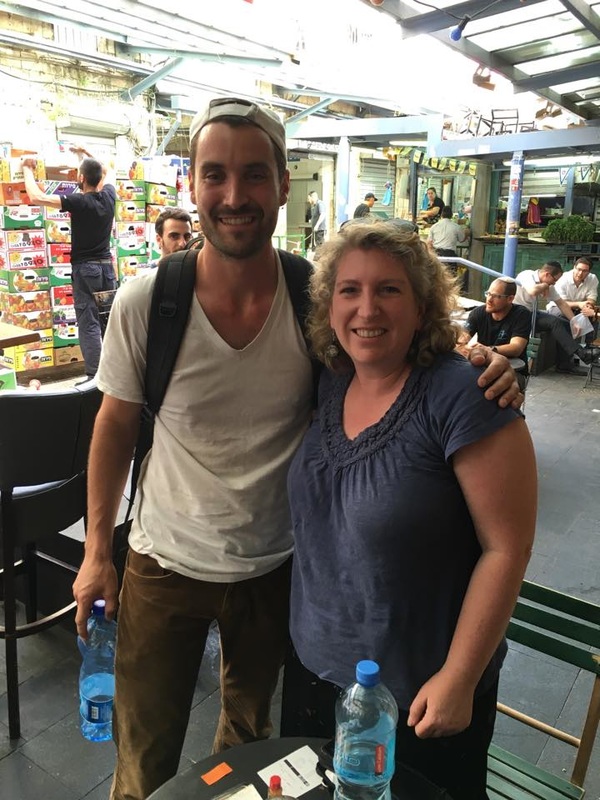
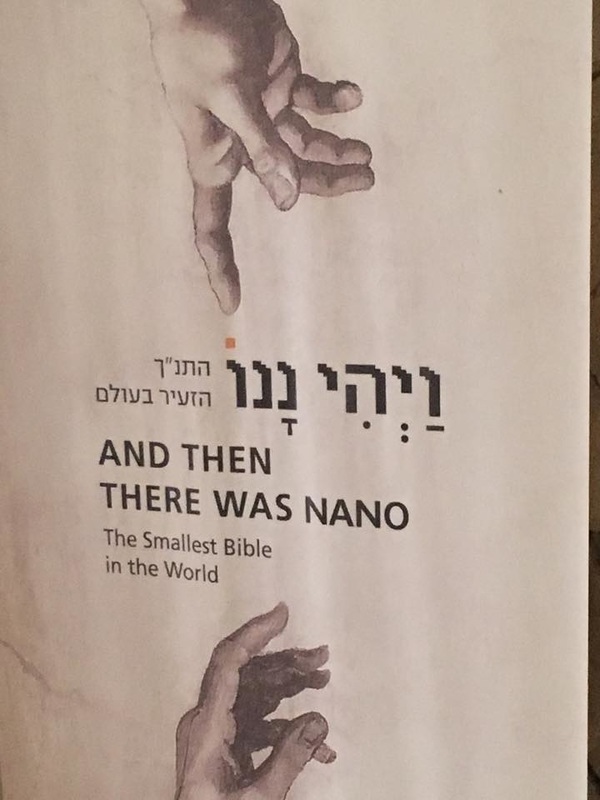
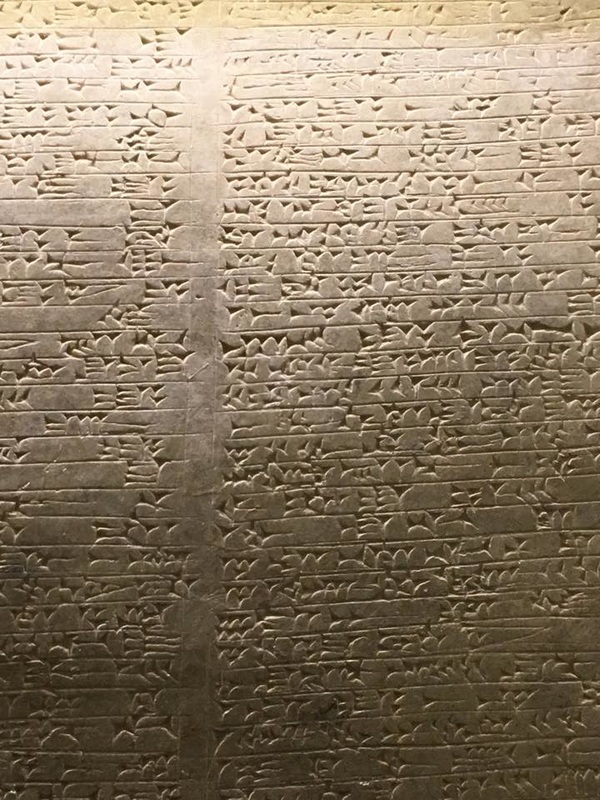
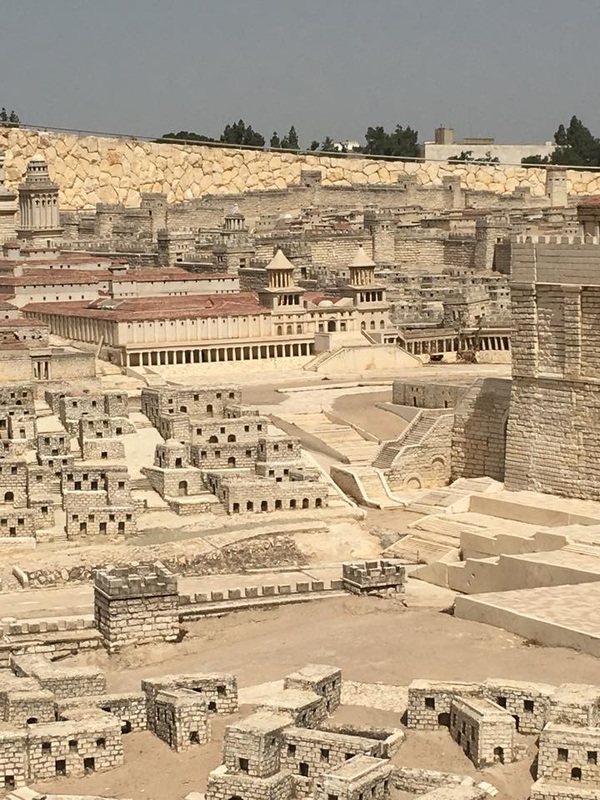
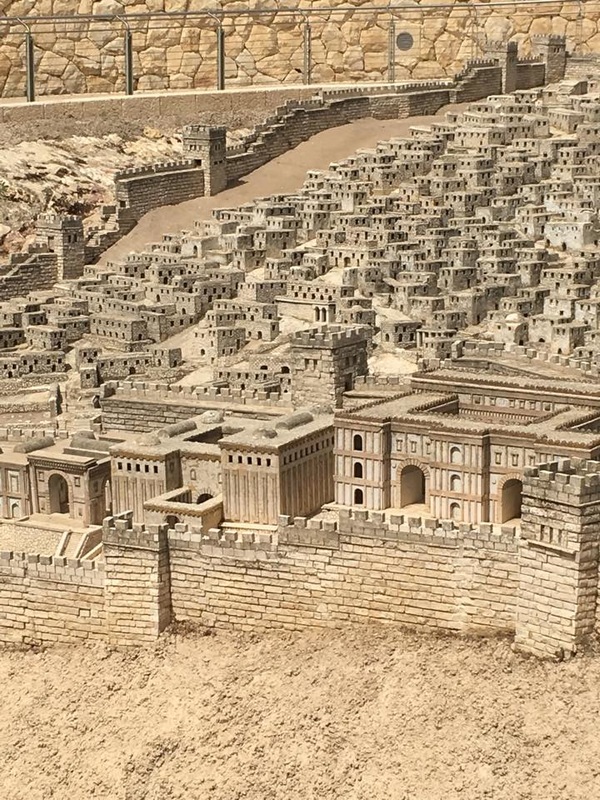
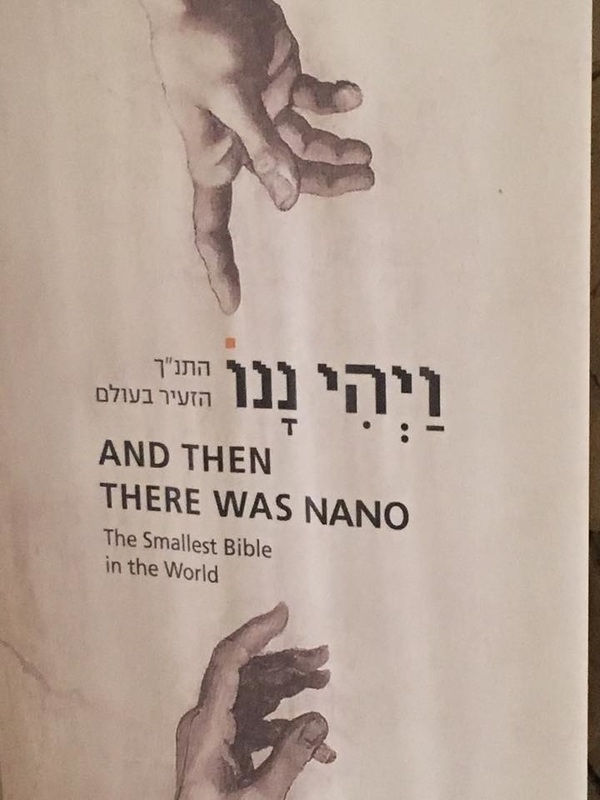
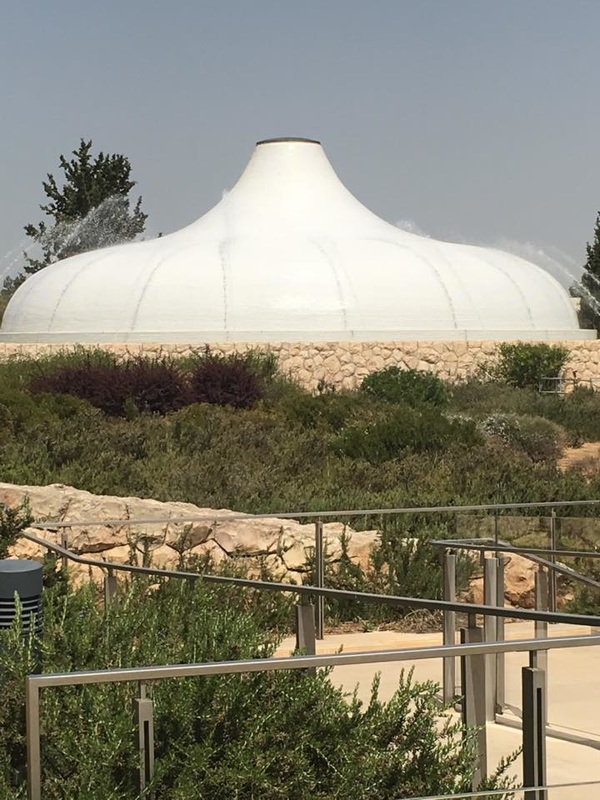
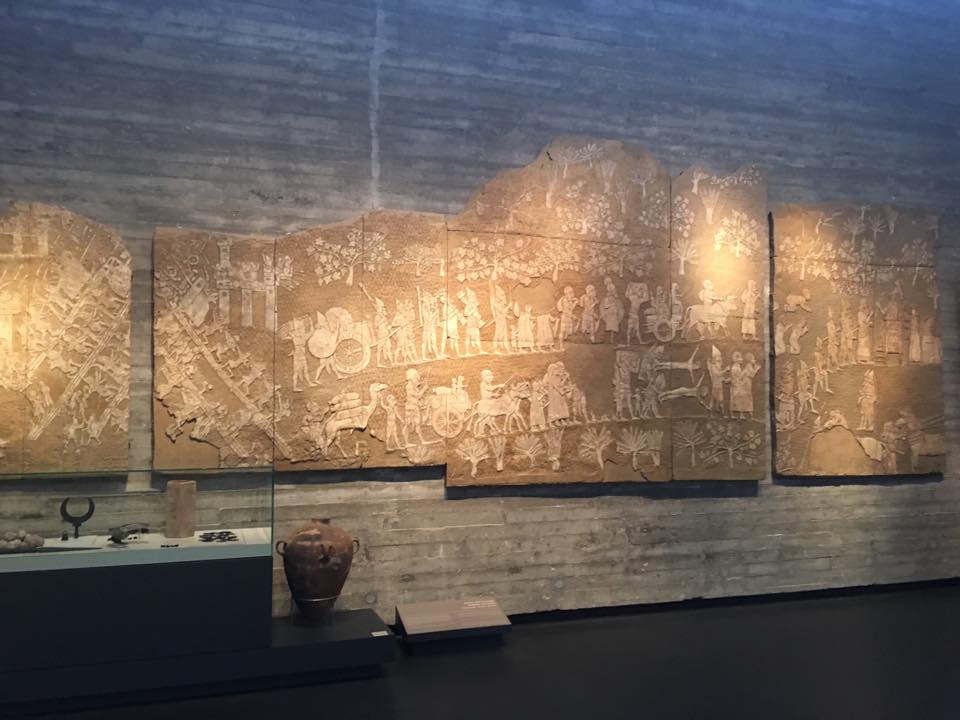
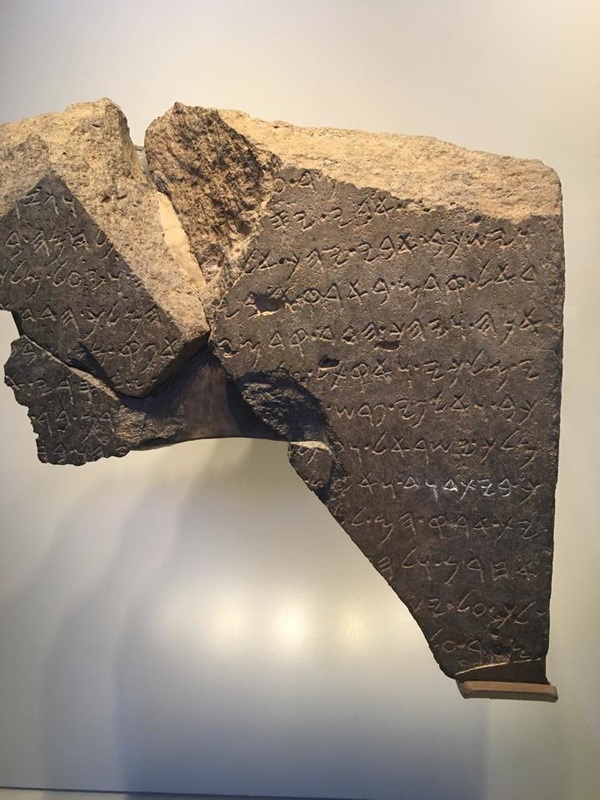
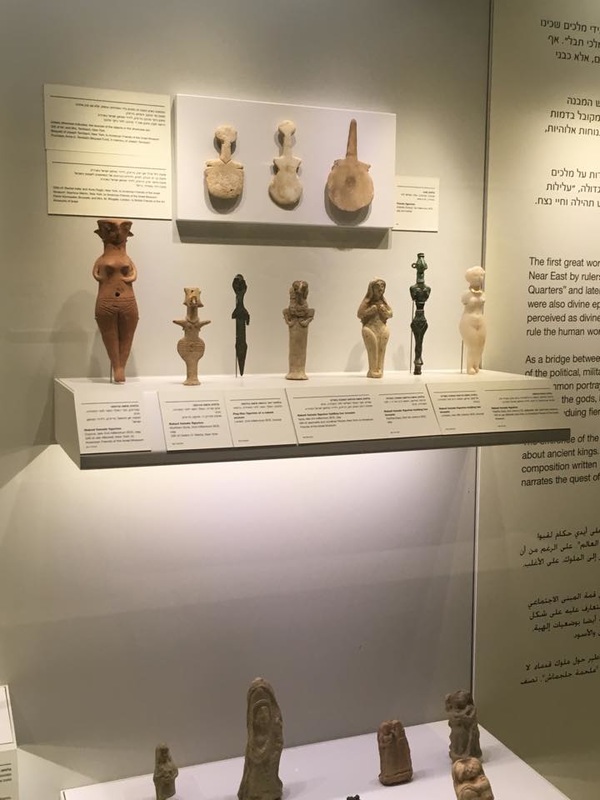
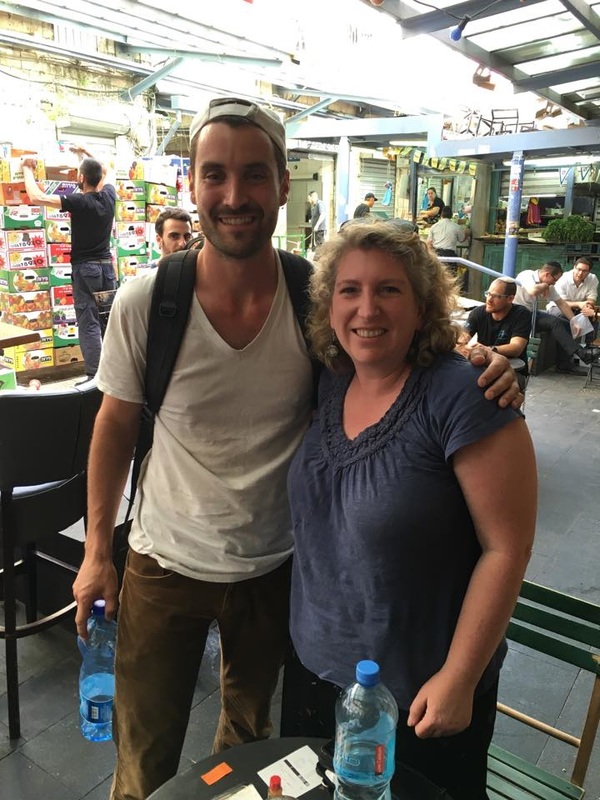
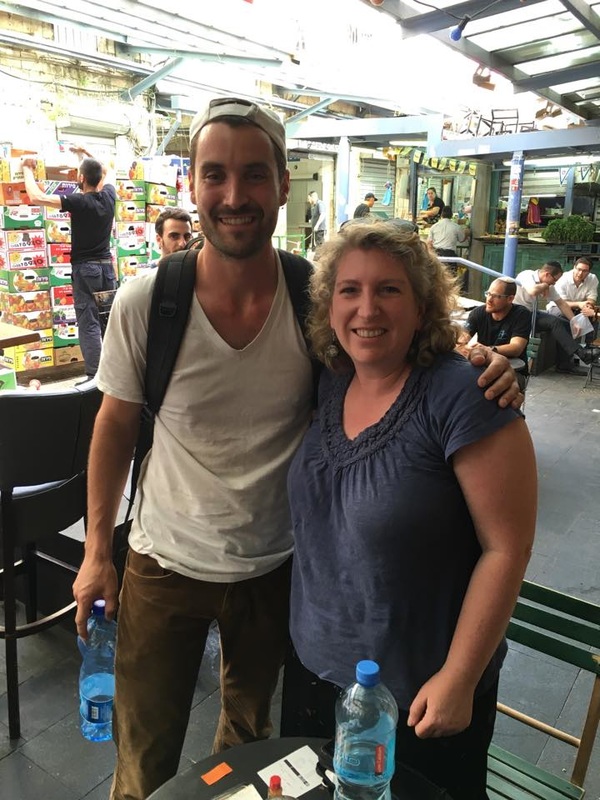
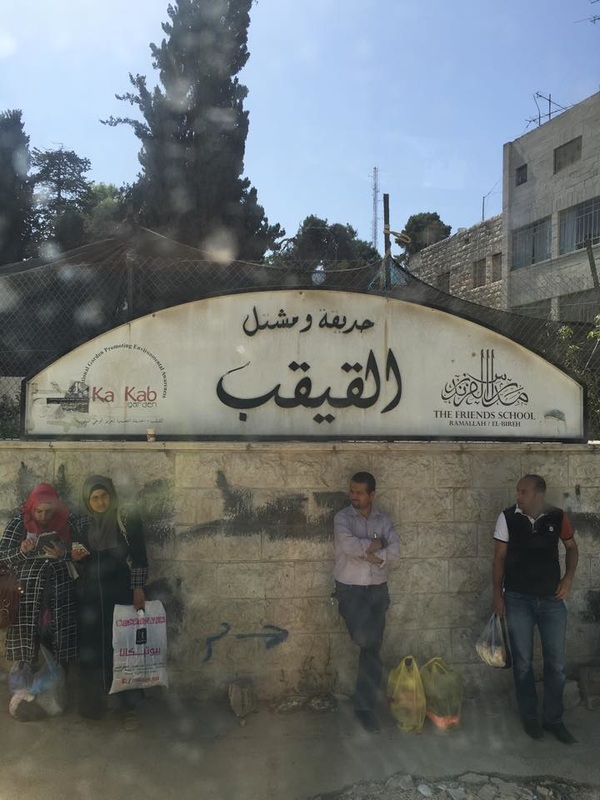
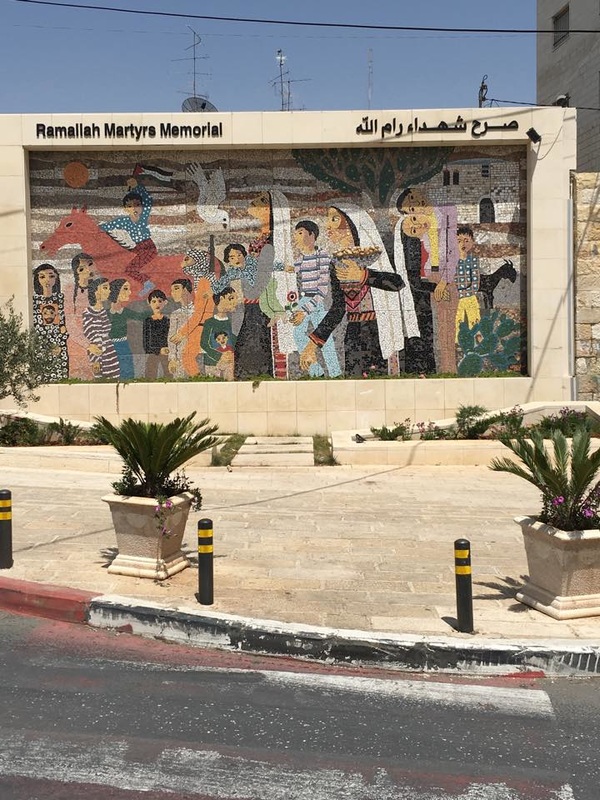
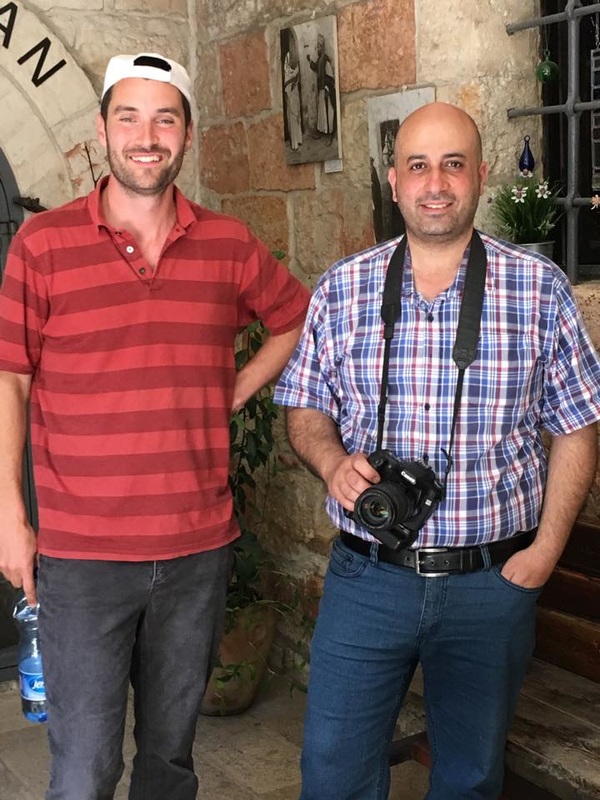
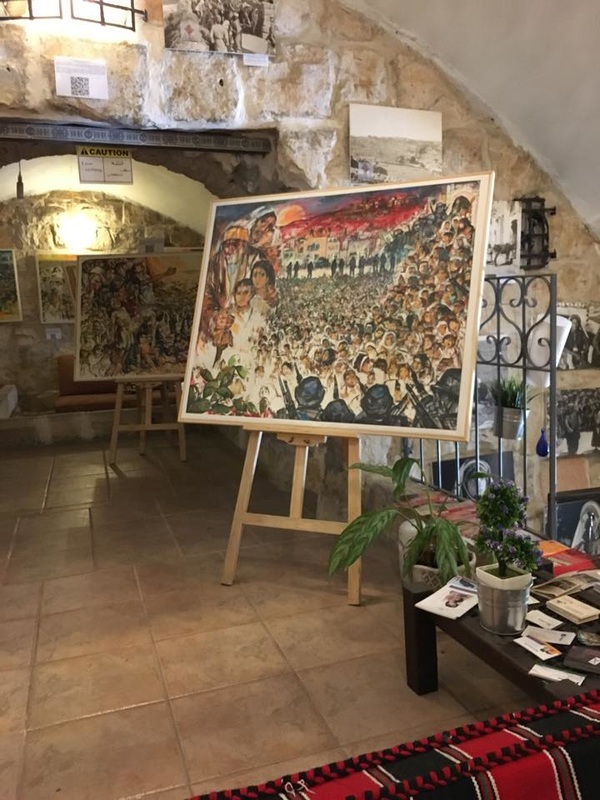
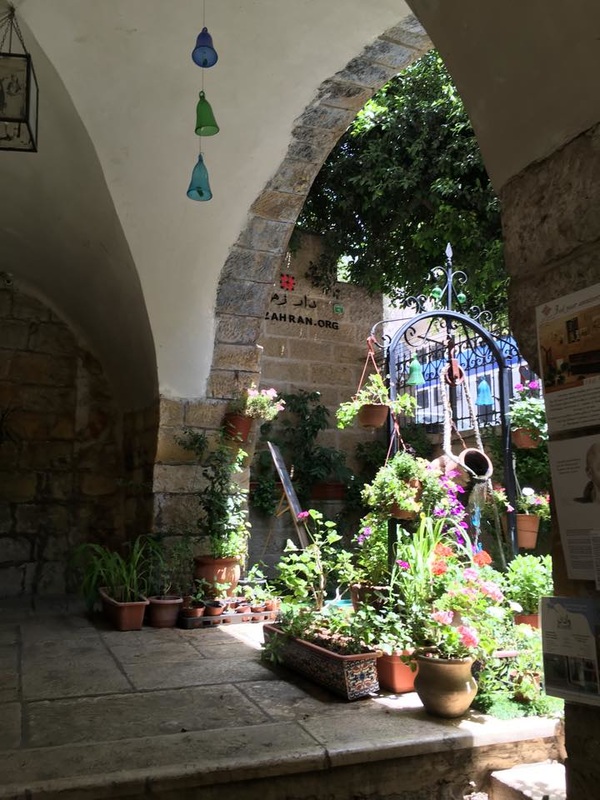
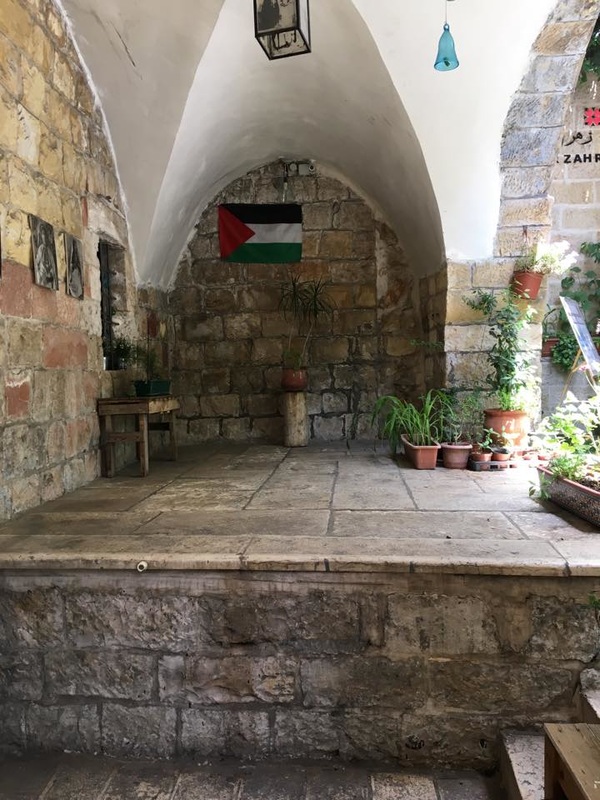
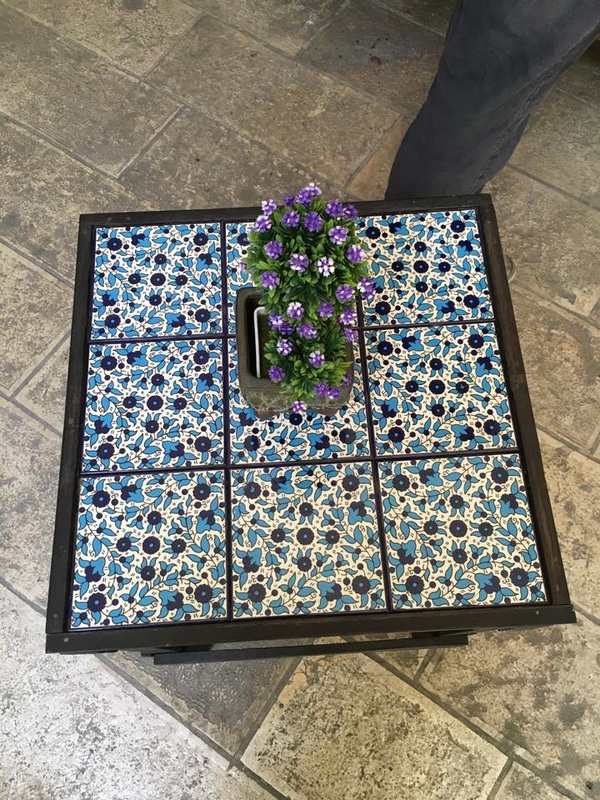
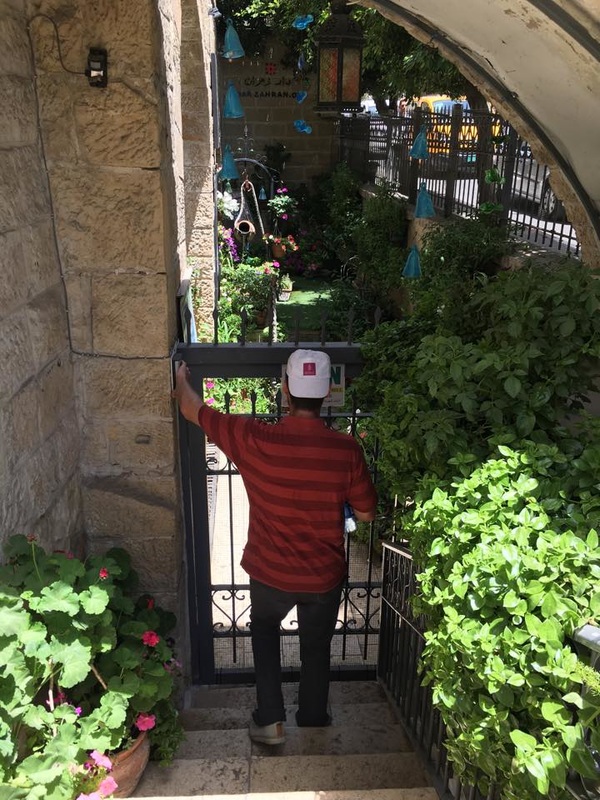
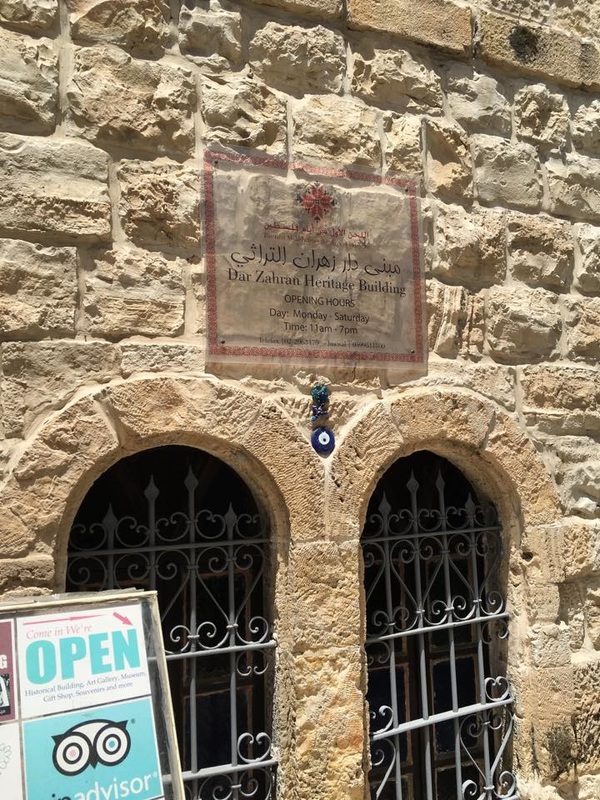
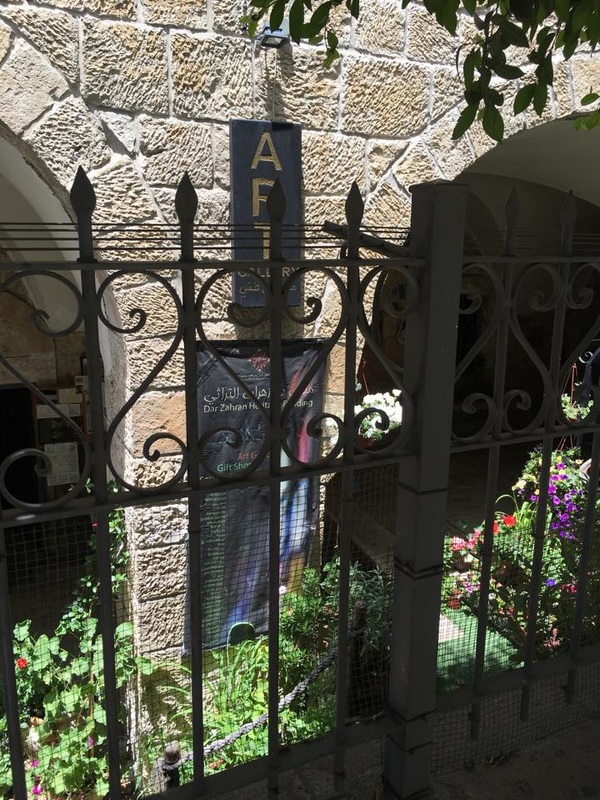
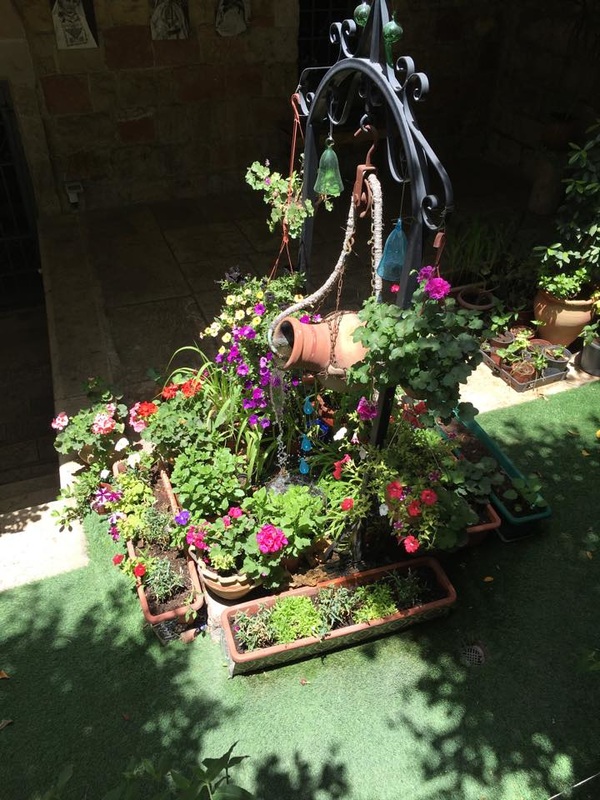
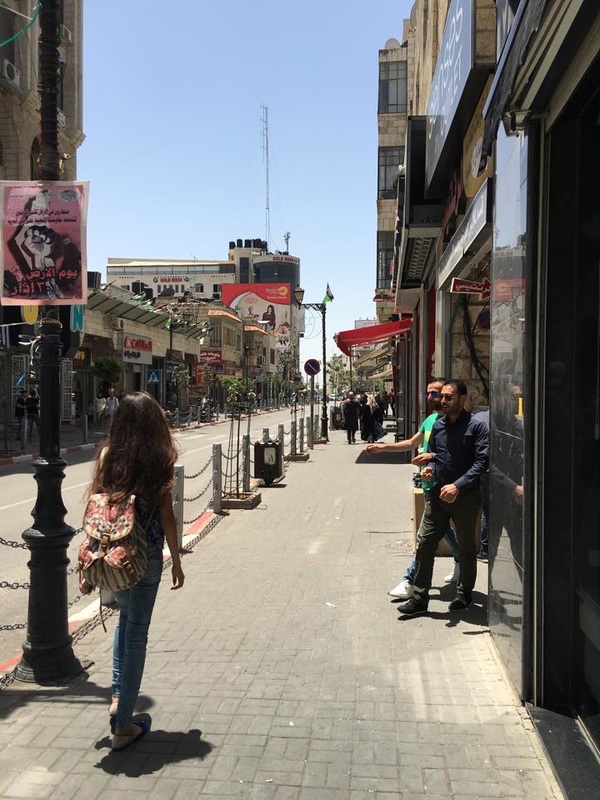
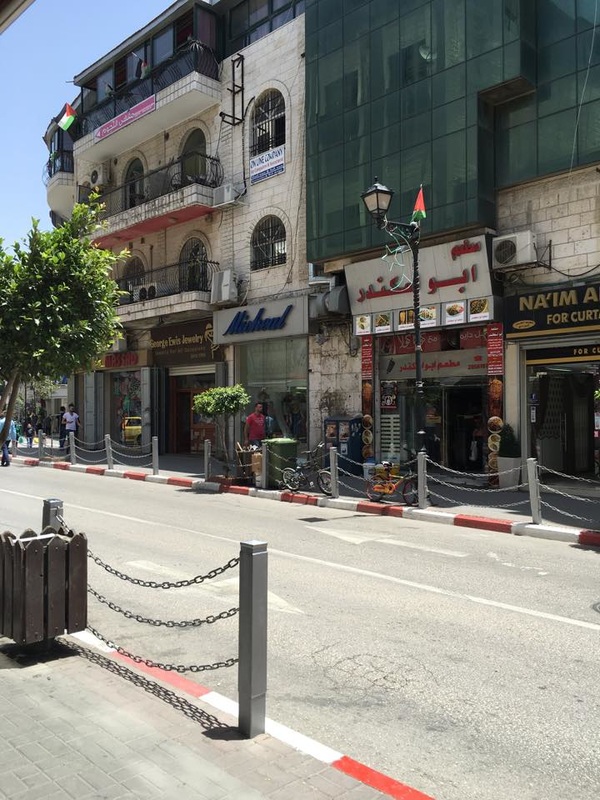
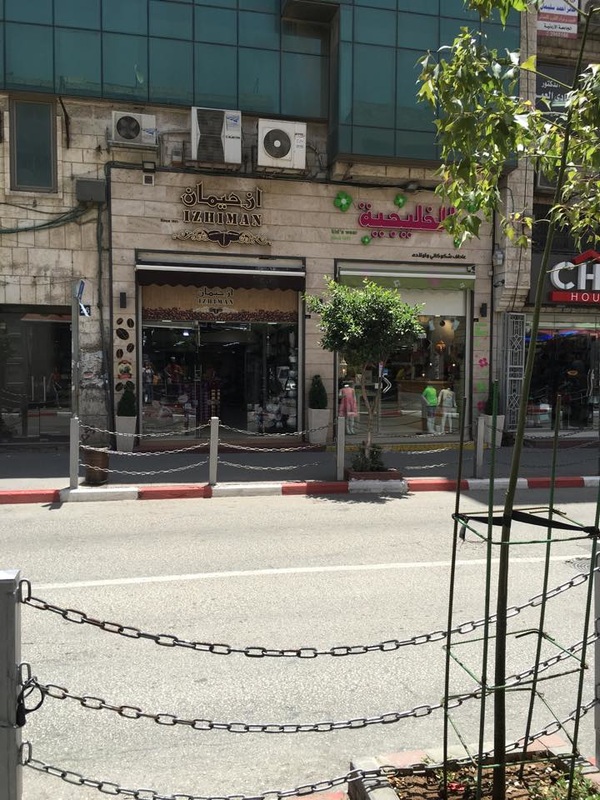
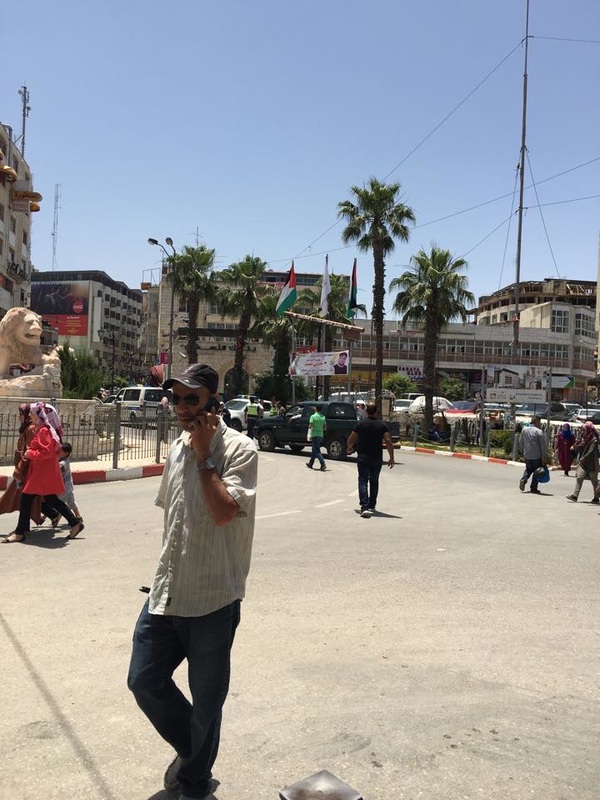
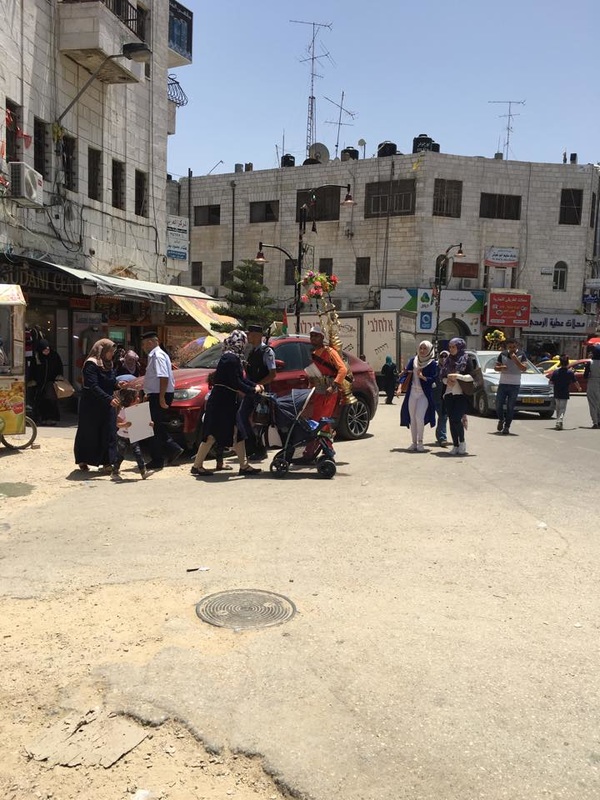
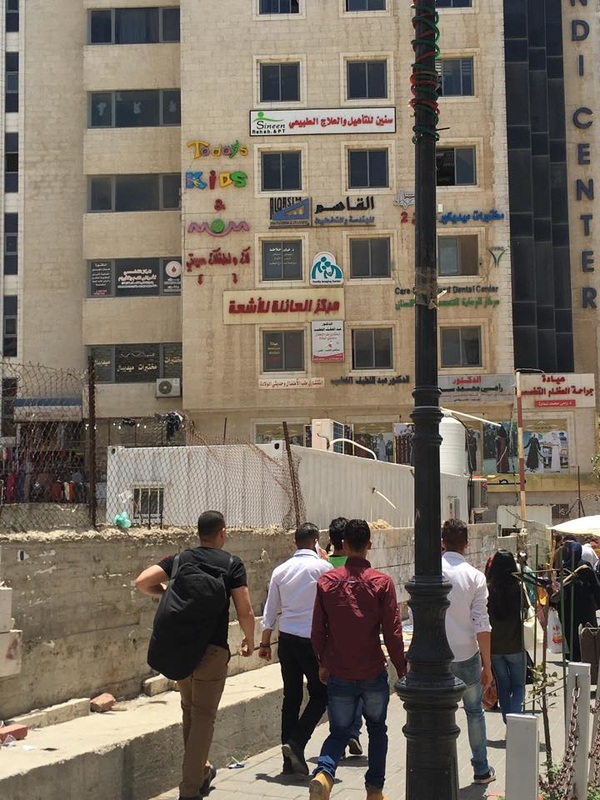
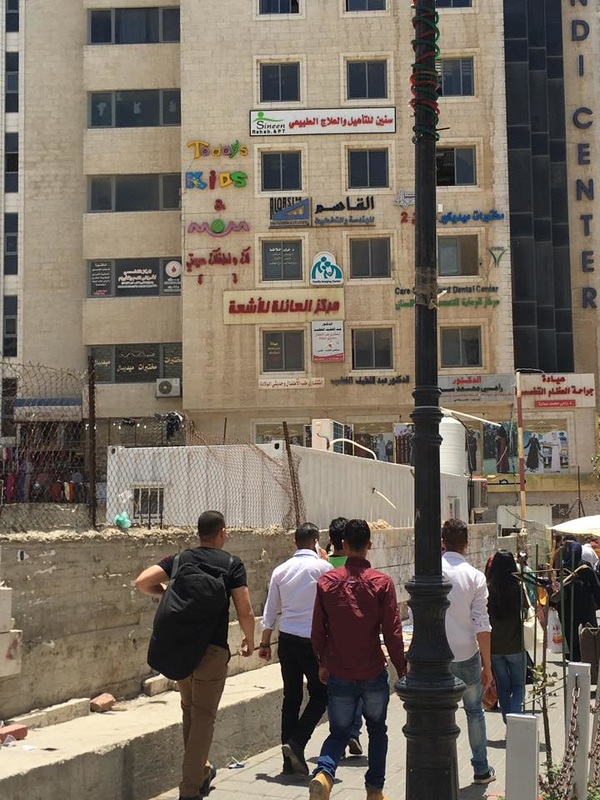
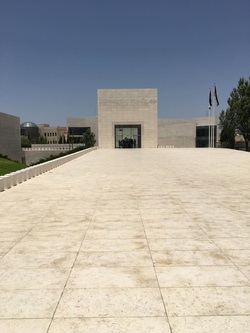
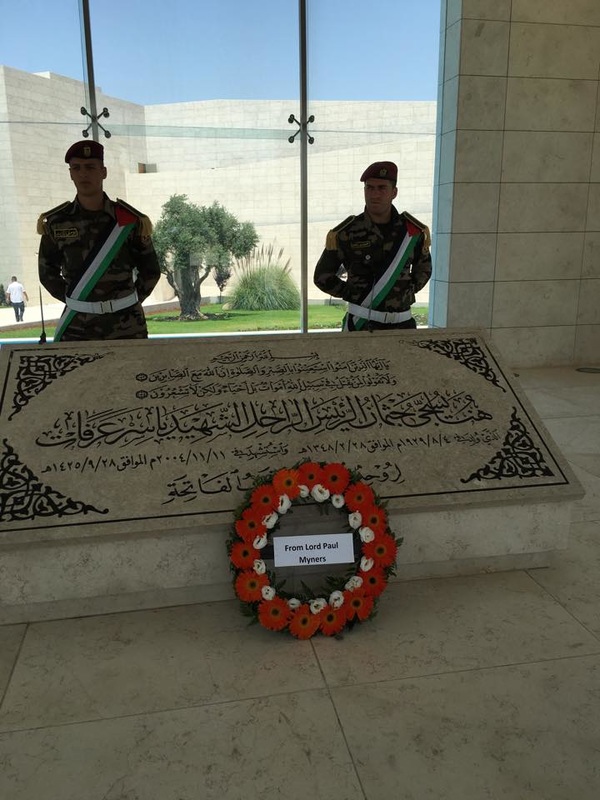
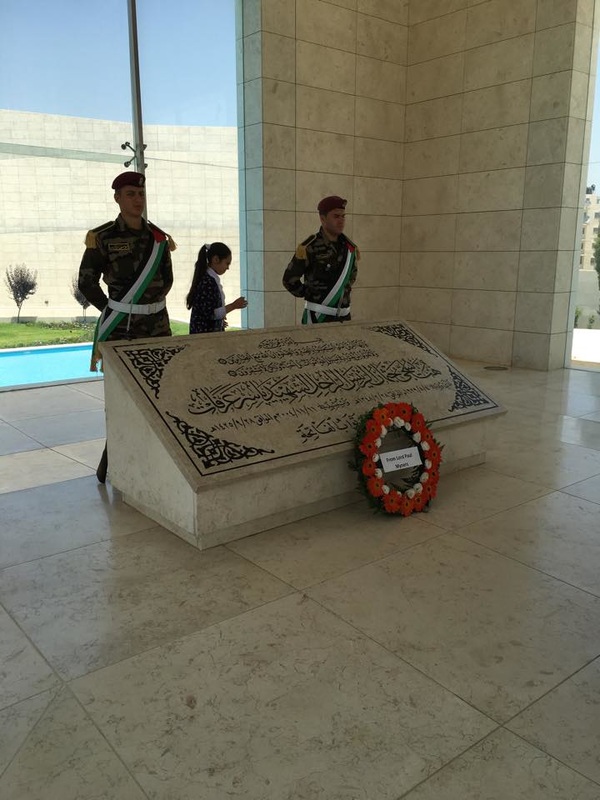
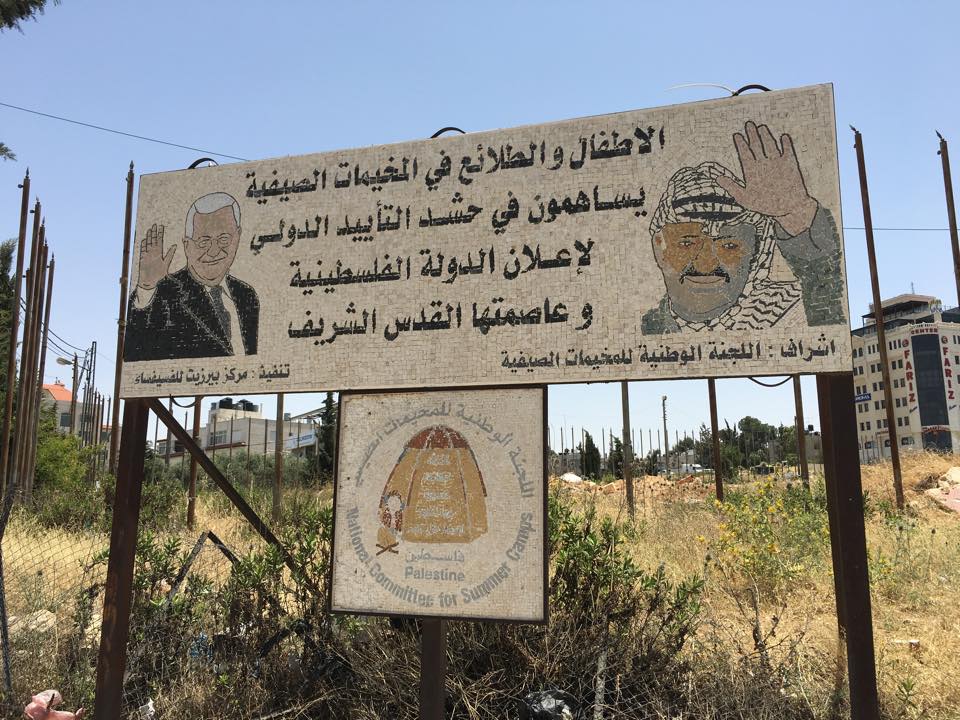
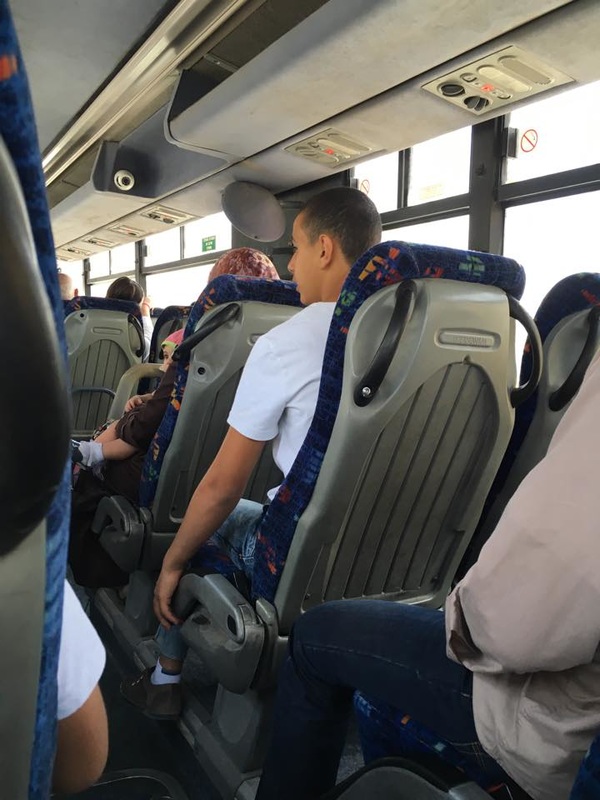
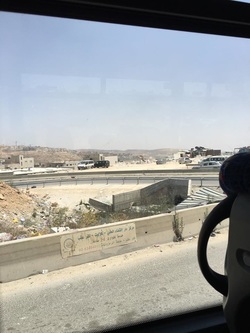
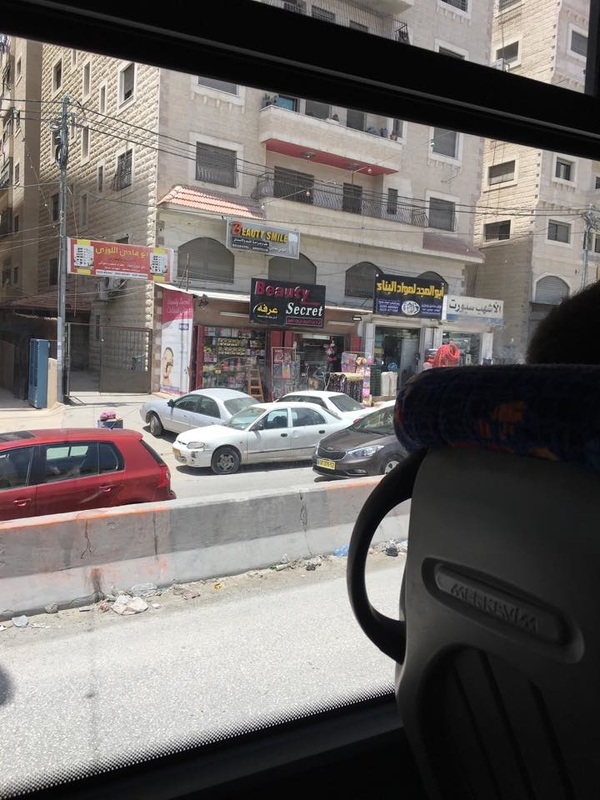
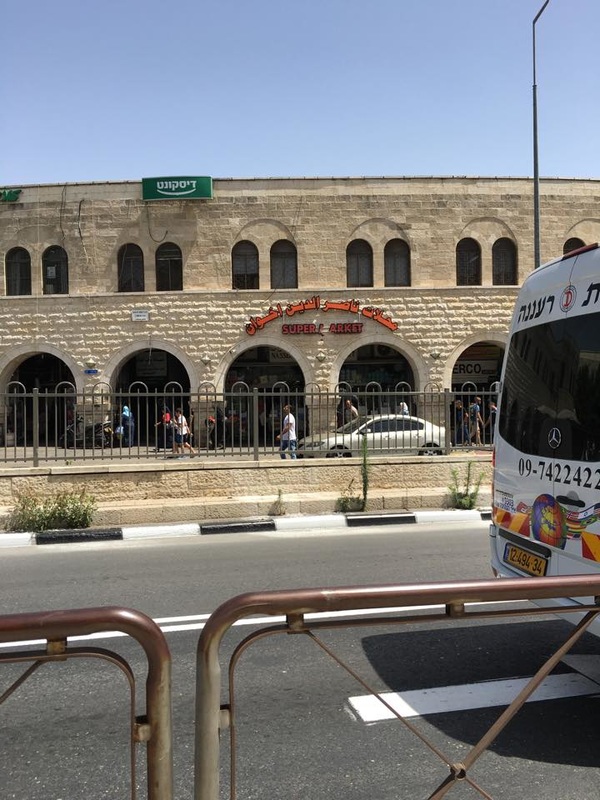
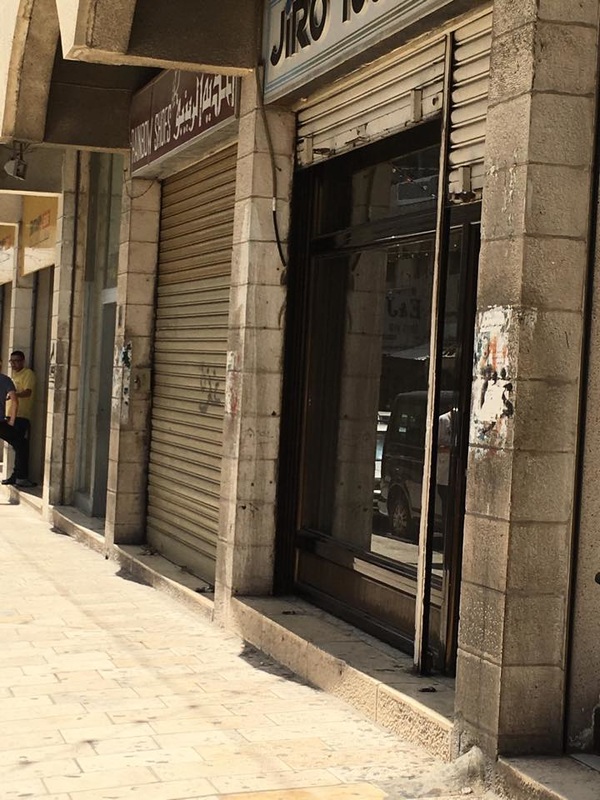
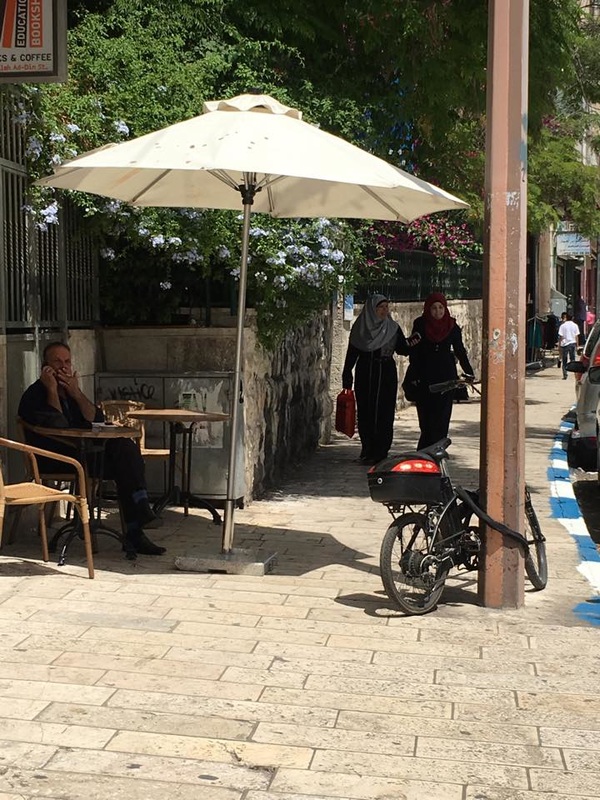
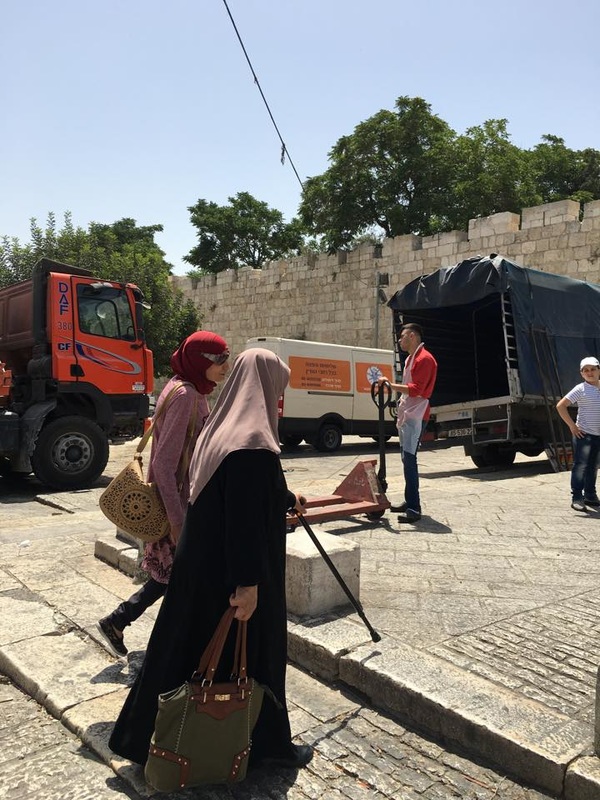
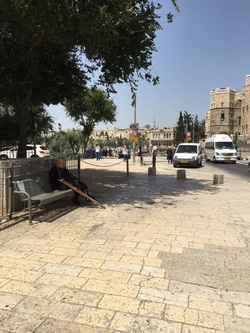
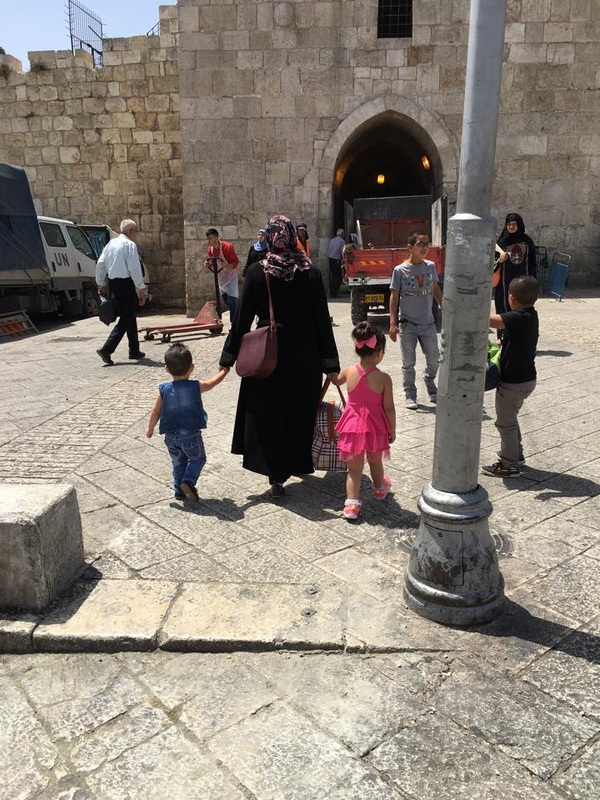
 RSS Feed
RSS Feed